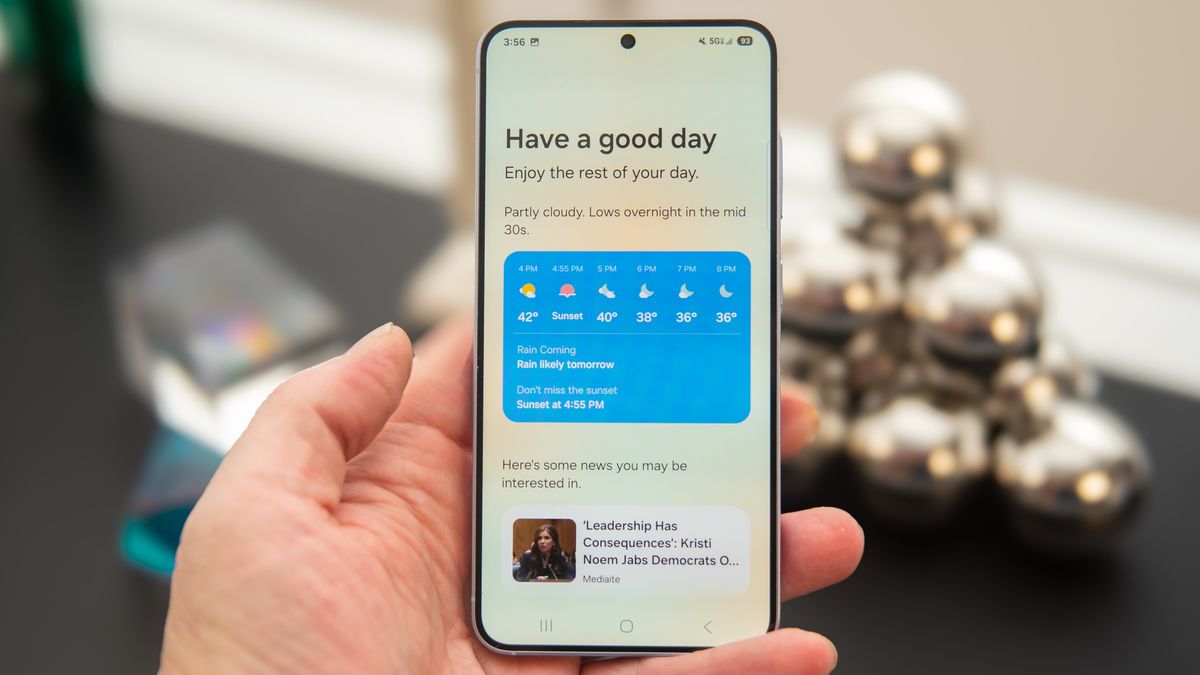Two years ago, OpenAI launched the chatbot craze with the release of ChatGPT. Now it hopes to spark interest in a new wave of A.I. technology.
On Thursday, OpenAI unveiled a tool called Operator that can go out onto the internet and perform tasks autonomously, like shopping for groceries or booking a restaurant reservation.
“It can navigate websites and take actions on websites, much like you and I do, ” said OpenAI product and engineering lead Yash Kumar in an interview.
Artificial intelligence researchers call this kind of technology an A.I. agent. While chatbots can answer questions, write poems and generate images, agents can use other software on the internet.
During a briefing with The New York Times, Mr. Kumar showed how the system could book a San Francisco restaurant reservation through the OpenTable website and buy a list of groceries through Instacart. Operator looks and behaves much like ChatGPT and other chatbots. The user types a request into a small window. Then the system responds as best it can.
The user can watch as the tool opens a web browser and visits particular sites. Operator may make mistakes. But in some cases, it can correct these mistakes. During the demonstration for The Times, the system mistakenly assumed that Mr. Kumar was in Iowa, before correctly finding a restaurant in San Francisco.
Operator is not entirely autonomous. At times, a user needs to correct its mistakes and provide additional requests and suggestions. For sites like OpenTable and Instacart, users must provide their private usernames and passwords. But OpenAI said that it does not store this private information.
However, the company does capture data showing the way the system interacts with users and accesses sites on their behalf. It can use this data to train future versions of Operator.
OpenAI said that, beginning on Thursday, Operator will be available to anyone who has subscribed to ChatGPT Pro, a $200-a-month service that provides access to all of the company’s latest tools. It plans to offer the tool via other paid services and eventually roll it into the free version of ChatGPT.
(The New York Times has sued OpenAI and its partner, Microsoft, accusing them of copyright infringement of news content related to A.I. systems. OpenAI and Microsoft have denied those claims.)
In recent months, other leading companies, including Google and Anthropic, have unveiled similar tools. However, many of these tools, are not yet widely available.
Operator is based on the same technology that underpins ChatGPT. This technology is what A.I. researchers call a neural network — a mathematical system that can learn skills by analyzing enormous amounts of data.
Newer versions of this technology learn from a wide range of data, including text, images and sounds. In this case, Operator learned from images showing how people use spreadsheets, shopping sites and other online services. After pinpointing patterns in this data, the new system can use similar services on behalf of computer users.
Mr. Kumar acknowledged that, like ChatGPT and other chatbots, Operator is still an experimental technology. But he said it would continue to improve in the coming months.
“This is not the most robust thing in the world,” he said. “But it is way better than this kind of technology used to be.”





